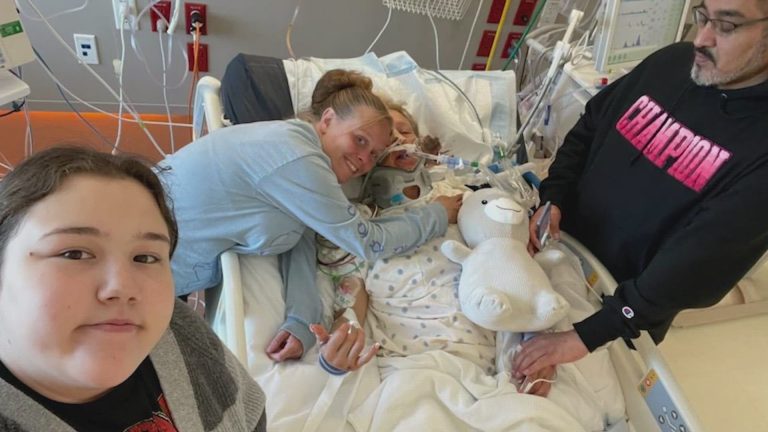In a recent development, a New Jersey appellate court has firmly rejected an appeal lodged by Khalil Wheeler-Weaver, the convicted serial killer responsible for the gruesome murders of three women in 2016 and the attempted murder of a fourth. Wheeler-Weaver, hailing from Orange had sought to challenge his conviction, citing errors during the trial and deeming his hefty 160-year sentence as “excessive.”
Despite his contentions, the appeals court maintained that the severity of Wheeler-Weaver’s crimes more than justified the imposing sentence. The court’s decision echoed a resounding condemnation of the heinous nature of the acts committed by the serial killer.
Wheeler-Weaver’s appeal put forth several arguments, including the assertion that each victim’s case should have been separately tried. Additionally, he claimed that the judge’s instructions to the jury on handling evidence from multiple criminal episodes were flawed. The convicted murderer alleged a violation of his Fifth Amendment rights during police interrogation and contended that the judge erred in presenting the Miranda warning to the jury.

Read more:
- Guilty verdict for St. Petersburg resident tied to six ounces of cocaine
- Kidnapper Found Guilty in Case of 13-Year-Old Girl Who Signaled for Help
- Impeachment trial defense for Paxton cost $2.3 million
- Accusations Against Illinois Man for Alleged Involvement in Florida Murder Scheme
However, the appeals court systematically dismantled each claim, ultimately dismissing them. While acknowledging a flaw in the judge’s instructions regarding Miranda rights, the court determined that the error did not reach a level significant enough to warrant a reversal of Wheeler-Weaver’s trial convictions.
As the legal proceedings unfolded, Wheeler-Weaver found himself facing further charges in 2022 related to the death of a 15-year-old Newark girl who had gone missing in 2016. Prosecutors revealed that he was linked to this case after being convicted of the other killings. The victim, Mawa Doumbia, vanished from her Newark home on October 7, 2016, a tragedy that added another layer to Wheeler-Weaver’s already chilling criminal profile.
During a harrowing 84-day span in 2016, Wheeler-Weaver committed the murders of three women: Sarah Butler of Montclair, Robin West of Philadelphia, and Joanne Brown of Newark. Notably, Tiffany Taylor managed to escape his clutches. In addition to three counts of murder and attempted murder, the convicted serial killer faced charges of kidnapping, aggravated sexual assault, desecration of human remains, and aggravated arson.
The chilling events surrounding Wheeler-Weaver’s crimes underscored the brutal reality faced by the victims and their families. The legal process, from trial to appeal, served as a mechanism for seeking justice and holding the perpetrator accountable for the profound pain he inflicted on the lives of those he victimized.
While the appeal brought attention to procedural nuances, the core focus remains on the victims and the irreversible impact of Wheeler-Weaver’s actions. The court’s resolute stance reinforces the gravity of the crimes committed and sends a powerful message about society’s commitment to ensuring justice for those who have suffered at the hands of criminals like him.
In the wake of this legal decision, the community and the families of the victims can find solace in the fact that the justice system has stood firm against attempts to undermine the severity of Wheeler-Weaver’s crimes. The journey towards closure for the victims’ families continues, but this recent court decision marks a significant step forward in the pursuit of justice for those whose lives were tragically cut short by a serial killer’s merciless spree.















+ There are no comments
Add yours